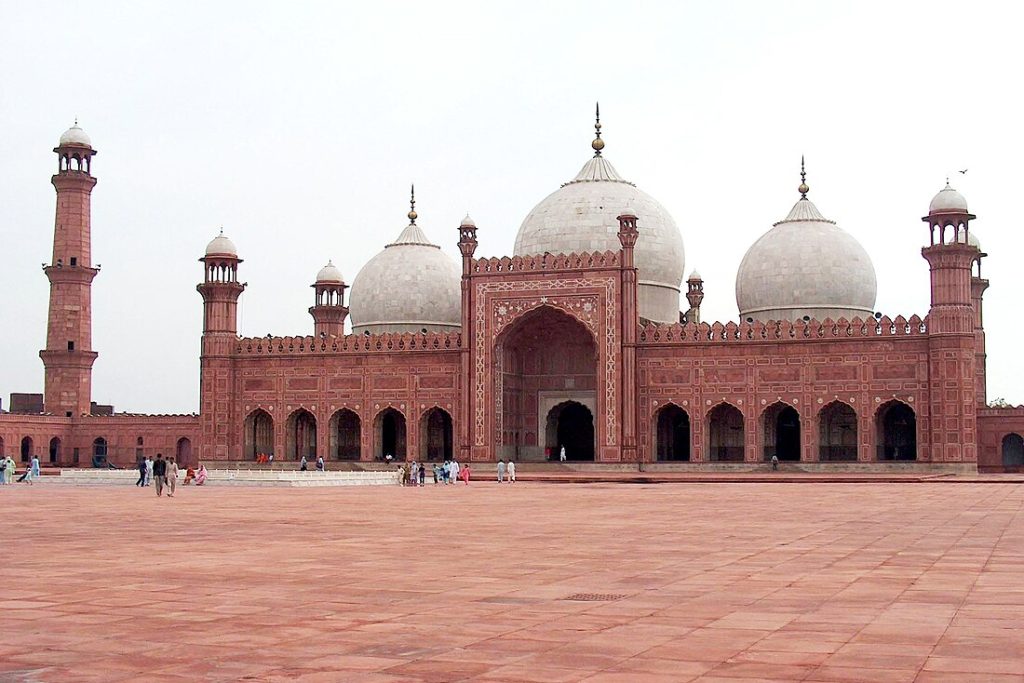
Gambling is a highly sensitive issue in many countries, and in Pakistan, it is closely tied to religious beliefs and cultural norms. Pakistan, where Islam is the state religion, has a significant number of religious leaders who play an influential role in shaping the nation’s policies, including those related to gambling. Over the years, these leaders have had a profound impact on how gambling is perceived and regulated in the country. But how exactly do religious leaders influence Pakistan’s gambling policies? Let’s take a closer look.
The Religious Perspective on Gambling
In Islam, gambling is generally prohibited, considered haram (forbidden), because it is seen as a form of exploitation and encourages irresponsible behavior. Islamic teachings emphasize that wealth should be earned through hard work and ethical means, rather than relying on luck or chance. As a result, gambling, including activities like betting and playing casino games, is viewed negatively by most Islamic scholars.
In Pakistan, where the majority of the population is Muslim, these religious views form a critical foundation for national policies on gambling. Religious leaders are often called upon to give their opinions on various issues, including the regulation of gambling. Their views hold great weight in the political sphere, influencing lawmakers, government decisions, and even public opinion.
The Role of Religious Leaders in Shaping Gambling Laws
Religious leaders in Pakistan have historically played a major role in shaping the country’s laws concerning gambling. Their strong opposition to gambling has led to a strict regulatory environment. The government, particularly under the influence of religious parties and groups, has passed laws that restrict gambling activities, aiming to align with the principles of Islam.
Pakistan’s gambling laws are based on a combination of Islamic principles and the country’s constitution. Since the 1970s, Pakistan has imposed a ban on most forms of gambling, with limited exceptions for certain games, such as horse racing. In recent years, there has been some debate about relaxing these laws to boost the economy and generate revenue, but religious groups have consistently opposed such measures.
The Influence on Public Policy and Decision-Making
Religious leaders in Pakistan are often consulted by policymakers when controversial issues, including gambling, are on the table. Their influence can be seen in the way policies are shaped, with some leaders calling for an outright ban on all forms of gambling, while others may support regulated forms of gambling for economic reasons.
For example, when proposals for legalizing and regulating casinos or online gambling are discussed, religious leaders are quick to voice their opposition. They argue that such activities contradict Islamic values and would lead to moral decay in society. As a result, any attempts to introduce such policies are often met with strong resistance from both religious groups and the general public.
Public Opinion and Social Impact
The views of religious leaders not only influence policymakers but also shape public opinion in Pakistan. In a country where religion plays such a central role in daily life, the teachings of religious leaders have a strong impact on how citizens view gambling. For many, gambling is seen as morally unacceptable, and this belief is often reinforced by religious leaders.
Furthermore, religious leaders emphasize the social consequences of gambling, such as addiction, financial ruin, and the breakdown of family structures. This narrative resonates with many Pakistanis, leading to widespread support for the country’s strict anti-gambling policies. Religious leaders also argue that gambling contributes to societal inequality, as it can encourage people to seek quick, unearned wealth, rather than relying on honest work.
The Changing Landscape: A Shift in Attitudes?
While religious leaders still hold significant influence over gambling policies, there are signs that the landscape may be shifting. In recent years, some voices within the government and civil society have called for a reexamination of gambling laws, especially in light of the potential economic benefits. With increasing interest in online gaming and international tourism, some argue that relaxing gambling regulations could bring much-needed revenue to the country.
Despite this, religious groups continue to push back against any form of legalized gambling. They argue that the moral and ethical cost would outweigh the potential financial benefits. Religious leaders, through their sermons, media appearances, and public statements, have maintained their firm stance against gambling, emphasizing the need to uphold Islamic values in all aspects of Pakistani life.
Balancing Economic Growth with Religious Beliefs
The debate over gambling laws in Pakistan illustrates the delicate balance between economic growth and religious beliefs. On one hand, there is the potential for substantial economic benefits from a regulated gambling industry, including job creation, tourism, and tax revenue. On the other hand, there is the deeply rooted belief that gambling is harmful to individuals and society, particularly from a religious standpoint.
This tension is likely to continue for the foreseeable future. As the global gambling industry grows and evolves, Pakistan will have to decide how it navigates the fine line between adhering to religious principles and exploring opportunities for economic development.
Conclusion
Pakistan’s gambling policies are heavily influenced by the country’s religious leaders, who uphold the view that gambling is contrary to Islamic values. Their influence has resulted in strict regulations and public opposition to gambling, even in the face of potential economic benefits. However, as the global gambling industry expands and new opportunities arise, the debate over gambling laws in Pakistan is likely to evolve. The challenge will be finding a way to balance the country’s religious beliefs with the economic realities of a rapidly changing world.
Religious leaders will continue to play a crucial role in this debate, ensuring that Pakistan’s gambling policies remain rooted in Islamic teachings, while also responding to the changing demands of the global economy.
Unlock Big Wins with Top Casino Games at KKClub.pk
